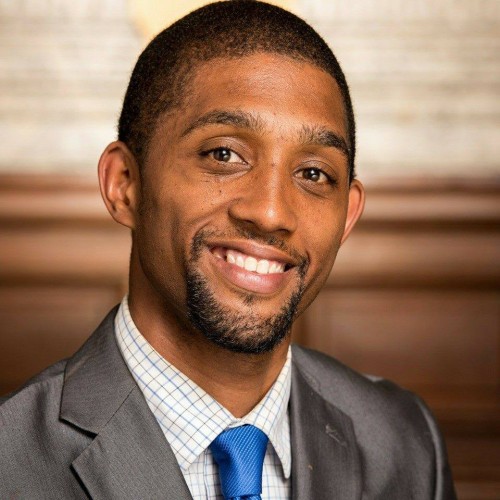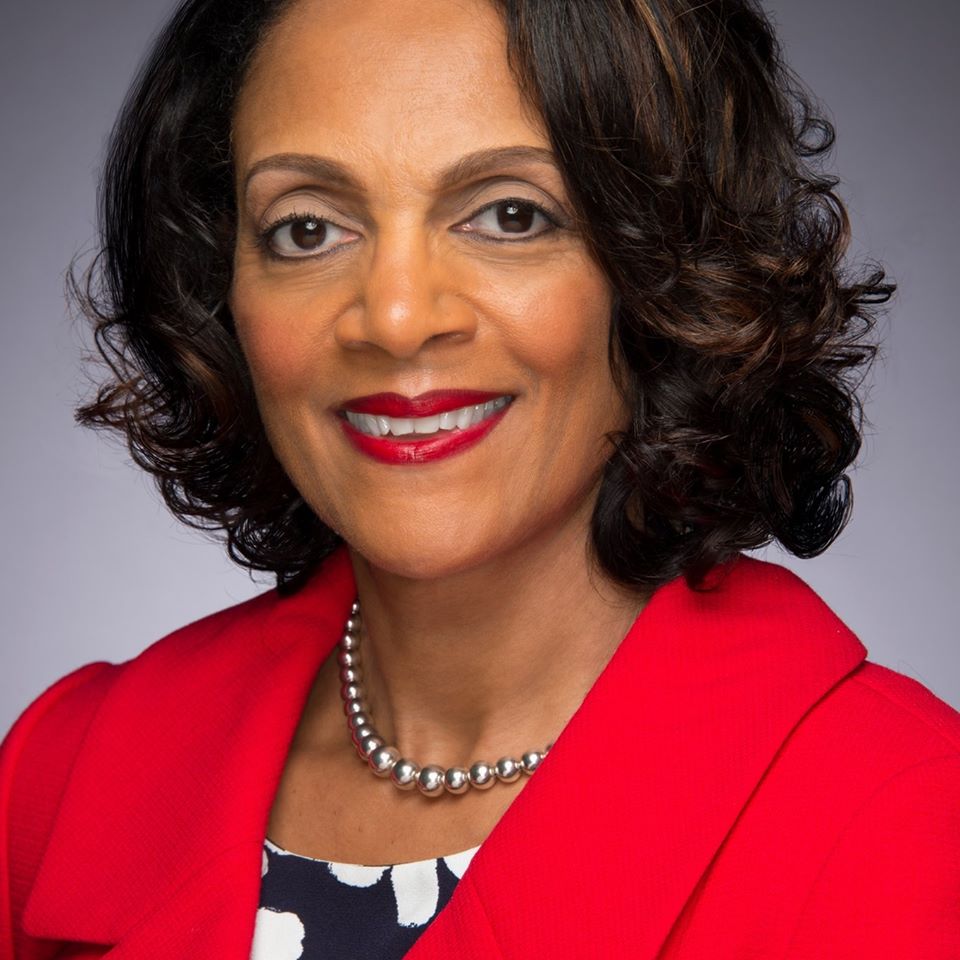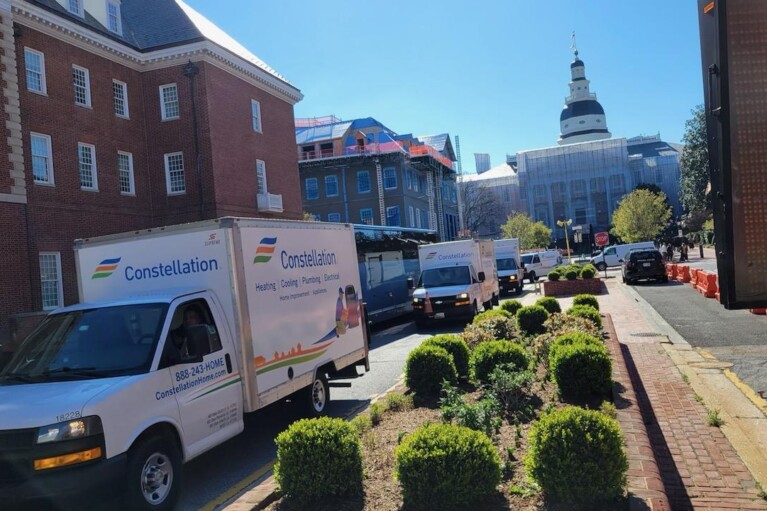Exclusive: Poll Conducted for Brandon Scott Shows Tight Race for Baltimore Mayor

A poll conducted for Baltimore City Council President Brandon M. Scott has him running competitively with Mayor Bernard C. “Jack” Young in several hypothetical Democratic primary scenarios.
The poll from last week, obtained by Maryland Matters, showed a pessimistic Baltimore City electorate that thinks the next mayor “should have an impeccable record of integrity.”
The April 2020 mayoral primary has not really begun to take shape. None of the potential leading candidates, including Young and Scott, has formally entered the race.
Young, the longtime City Council president who became mayor in May following the resignation of scandal-plagued mayor Catherine E. Pugh (D), has not yet said whether he’ll run for a full term in the top position at City Hall or seek to get his old job back. Scott, who ascended to the Council presidency earlier this summer after seven years representing East Baltimore on the Council, is seriously eyeing the mayoral race but has yet to announce his intentions. He could wind up seeking a full term as Council president.
Several other potential top contenders, including former mayor Sheila Dixon and former NAACP president Benjamin T. Jealous – the 2018 Democratic nominee for governor – have yet to reveal their plans for next year.
Yet the pace of the campaign is bound to intensify in the next few weeks, and both the horse race numbers in the poll and the questions about voter attitudes are cause for optimism for Scott’s camp – and possibly for other potential challengers as well.

Former Baltimore mayor Sheila Dixon
The survey of 652 likely Democratic primary voters was taken for Scott’s campaign Aug. 29-31 by Public Policy Polling, a Raleigh, N.C., firm that conducts automated telephone polls. It had a 3.8-point margin of error.
In one hypothetical four-way Democratic primary, Young narrowly led the field with 26%, followed by 24% for Dixon, 21% for Scott, 4% for state Sen. Bill Ferguson, with 26% of voters not sure.
In a hypothetical four-way Democratic primary with a slightly different cast of characters, Scott led the field with 27%, followed by 26% for Young, 14% for Jealous, and 5% for Ferguson. Twenty-seven percent of those surveyed were undecided.
In a head-to-head matchup, Young led Scott, 38% to 34%, with 27% undecided.
The polling firm did not ask voters about one declared candidate for mayor, former assistant state attorney general Thiru Vignarajah, or about potential candidates like state Sen. Mary Washington, Del. Nick J. Mosby or T.J. Smith, a former Baltimore Police Department spokesman now working for Baltimore County Executive John A. Olszewski Jr. (D).
Favorability ratings
Although Young’s political career dates back considerably farther than Scott’s, he was only slightly better known than Scott with likely Democratic voters, and the two had roughly comparable favorability ratings.
Young, 65, who spent 23 years on the Council before becoming mayor this spring, was viewed favorably by 48% of the electorate, while 20% viewed him unfavorably and 32% were unsure.
Scott was viewed favorably 49% and unfavorably by just 16%. Thirty-five percent of voters were undecided.
Dixon, who resigned as mayor in 2010 following a scandal and attempted a political comeback in 2016, was better known to Democratic voters than Young or Scott – but also had more negatives. She was viewed favorably by 40% and unfavorably by 43%, while 16% were unsure.
Despite the fact that Jealous is a national political figure and was a statewide candidate last year, 36% of voters could not say what they felt about him. He was viewed equally favorably and unfavorably – 32% in each category.
Ferguson, who according to multiple sources did polling of his own earlier this year, was barely known citywide. Ferguson, now in his third term representing South Baltimore in the state Senate, was viewed favorably by 14% of voters and unfavorably by 15% of voters, while 71% were unsure.
While political analysts have wondered whether a white candidate can be viable in an African-American city, as Martin J. O’Malley (D) was when he stormed to a resounding victory in 1999, Ferguson, a rising star in Annapolis, is seen as increasingly unlikely to run for mayor next year.
Voter attitudes
Asked by the pollsters about the direction of the city, just 18% of Democratic primary voters agreed that “things in Baltimore are headed in the right direction,” while 71% said “things have gone off on the wrong track.” Eleven percent were undecided.
Voters were split on whether they wanted an experienced leader (42%) or “a fresh voice with new ideas” (40%), while 17% weren’t sure.
Asked whether the next mayor “should have an impeccable record of integrity,” 59% agreed, while 27% said the next mayor “should know how the city works and cut deals to get things done.” Fourteen percent were undecided on the question.
In the most lopsided result in the poll, 80% of Baltimore City Democrats disapproved of President Trump’s job performance, while 14% approved. The rest were undecided.




 Creative Commons Attribution
Creative Commons Attribution